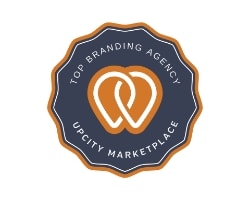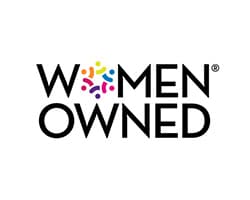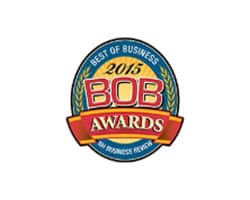Any public relations professional will cringe at the use of a cliché. Clichés are cheesy, overused, and at some point, become meaningless. PR gurus know the necessity for innovation and authenticity if they want to excel. However, clichés are useful when talking about company culture. In the PR world, company culture can make or break a business. Great company culture allows for great accomplishments. Bad company culture, on the flip side, can only be destructive. Here are three commonly used clichés that companies should practice in their daily routines for a great company culture.
Actions speak louder than words.
Remember when Nike denied the use of sweat shops and employing children to make their products? Or the BP oil spill catastrophe? Consumers are becoming more and more wary of big businesses these days. PR professionals have evolved from campaign pioneers to full-on reputation ambassadors. Instilling brand trust in a customer is a huge responsibility. Saying something in a press release is one thing, but following through with it is a much harder task. Practice honesty in the office. Companies that have an open, accepting atmosphere will foster a positive work environment. This honesty will penetrate into client relationships and the content you produce. And not only will your client become a trusted brand, but so will you.
You are what you eat.
Ok, let’s take this one figuratively. It’s impossible to avoid negative people in the workplace. But, if positive company culture doesn’t already exist, it won’t grow in an environment where people are putting each other down and creating distrust. Companies that host employee parties and outings, offer a plausible amount of vacation time, and employ people who treat others with respect are more successful. Why? Because they are fostering a workplace that allows you to “eat” good stuff – creativity, integrity, and fairness.
It’s not written in stone.
Lastly, it is crucial for companies and their employees to adapt. The world is changing and so are the rules for the communication. New strategies are implemented all the time. New technologies are produced faster than you can say iPhone 6 Plus. The ability to change with the industry and with a client is an integral aspect any successful business. This goes for company culture as well. Employees who are stuck in their ways or who are unwilling to ditch their old habits are a ticking time-bomb. Sooner or later the company will be outdated and out of clients. Empowering employees in the office to think outside the box and look through a different perspective will result in smarter thinkers and an environment that sparks creativity.


























